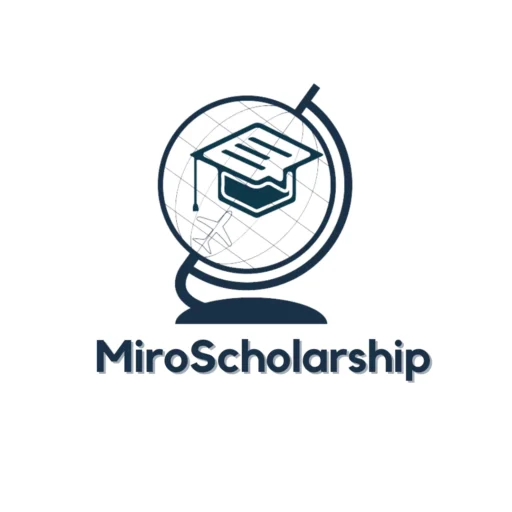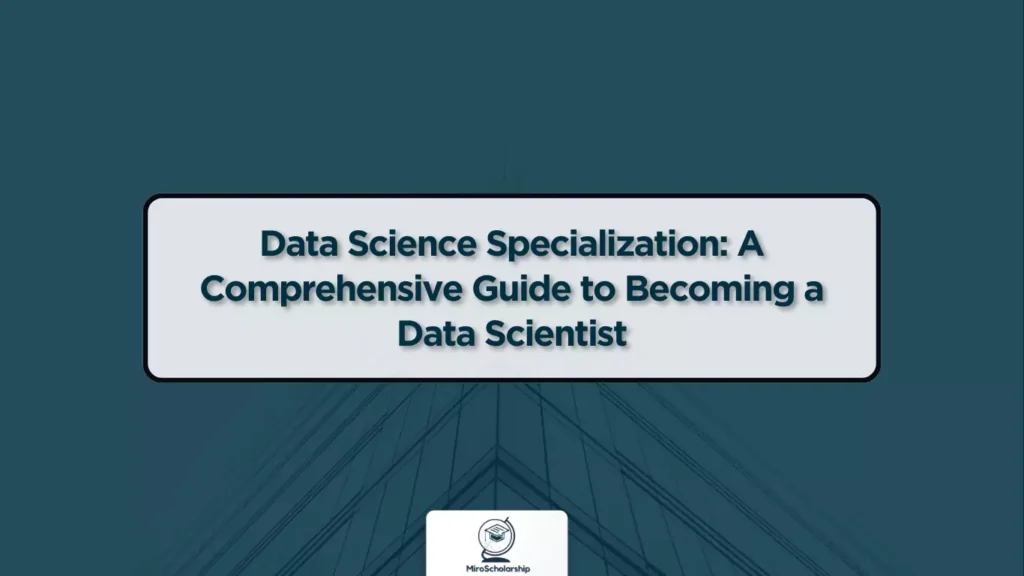Introduction
In today’s data-driven world, data science is a crucial field that powers decision-making, business strategies, and innovations. From analyzing large datasets to building predictive models, data science offers the tools to extract valuable insights that drive success across industries. If you’re looking to kickstart your career in data science, the Data Science Specialization is one of the most comprehensive learning paths available. In this article, we’ll walk you through everything you need to know about this specialization, including its course structure, the skills you’ll acquire, and why it’s the ideal program for aspiring data scientists.
What is Data Science?
Data Science involves collecting, cleaning, analyzing, and visualizing data to uncover patterns, trends, and actionable insights. It combines statistics, machine learning, and programming to build models that predict outcomes, inform business decisions, and optimize processes. Data scientists use programming languages like Python, R, and SQL to manipulate data, while also leveraging machine learning techniques to make data-driven predictions.
The Data Science Specialization provides a structured learning path to develop expertise in all areas of data science, from basic data analysis to advanced machine learning techniques. Whether you are looking to advance your career or switch to a data science role, this specialization offers essential skills that are highly valued in today’s job market.
What Does the Data Science Specialization Include?
The Data Science Specialization is a multi-course program, typically offered by platforms like Coursera, and covers a wide range of topics that are fundamental to the practice of data science. Below is a detailed overview of the courses and what you will learn from each module.
-
Introduction to Data Science
The first course in the specialization serves as a solid foundation for anyone new to data science. You’ll learn the basics of data manipulation, data cleaning, and exploratory data analysis (EDA) using tools like R and Python. The goal is to help you develop a strong understanding of data preparation techniques, which is the key to transforming raw data into useful information.
Key Topics:
- Data cleaning and preprocessing techniques
- Introduction to Python and R for data analysis
- Data structures and data types
- Exploring data through visualization techniques
-
Data Visualization
Data visualization is an essential skill for data scientists. In this course, you will learn how to create visually compelling charts, graphs, and plots using ggplot2 (R) or matplotlib and Seaborn (Python). You’ll also learn the principles of effective visualization, which helps you communicate complex data insights clearly to stakeholders.
Key Topics:
- The art of data visualization
- Creating line charts, histograms, and scatter plots
- Using tools like ggplot2 and Seaborn
- Best practices for visualizing data trends and patterns
-
Statistical Inference
This course dives deep into the world of statistics, an essential area of data science. You will learn how to use statistical methods to make inferences about a population based on sample data. Concepts such as hypothesis testing, p-values, and confidence intervals are covered in detail, along with their application to real-world data analysis problems.
Key Topics:
- Probability distributions and statistical tests
- Hypothesis testing, p-values, and confidence intervals
- Introduction to Bayesian statistics
- Understanding sampling methods and their importance
-
Machine Learning
Machine learning is at the core of modern data science. This module introduces you to both supervised and unsupervised learning techniques. You will learn how to apply machine learning algorithms, such as linear regression, decision trees, k-means clustering, and random forests, to analyze data and make predictions. The course also covers model evaluation and the optimization of machine learning models.
Key Topics:
- Supervised learning techniques (regression, classification)
- Unsupervised learning techniques (clustering, PCA)
- Overfitting, regularization, and model tuning
- Evaluating machine learning models using cross-validation
-
Data Science Capstone Project
The capstone project is an opportunity to apply everything you’ve learned in the previous courses to a real-world problem. You will work with large datasets, preprocess them, build machine learning models, and present your findings using effective data visualization. This hands-on experience is key to building a portfolio that demonstrates your data science skills to potential employers.
Key Topics:
- Data cleaning and transformation
- Building machine learning models
- Data visualization and presentation
- Final project report and results presentation
Skills You’ll Gain from the Data Science Specialization
Upon completing the Data Science Specialization, you will possess a broad range of skills that are highly valuable in the job market. These include:
- Programming Proficiency: You’ll gain proficiency in Python and R, two of the most widely used programming languages in data science. These skills will allow you to manipulate and analyze data efficiently and apply machine learning algorithms to solve real-world problems.
- Data Cleaning and Preprocessing: One of the most important aspects of data science is preparing your data. You will learn techniques for handling missing data, identifying outliers, and transforming raw data into formats suitable for analysis.
- Statistical Analysis: Data science relies heavily on statistical analysis. You’ll develop a deep understanding of probability, hypothesis testing, and statistical modeling to validate your data-driven insights.
- Machine Learning Expertise: Machine learning is a key skill for modern data scientists. This specialization will teach you various algorithms used in classification, regression, clustering, and dimensionality reduction, along with methods to evaluate their performance.
- Data Visualization: Communicating insights effectively is crucial in data science. You’ll master data visualization tools to present your findings in a clear, meaningful, and visually engaging way.
Why Should You Pursue the Data Science Specialization?
- High Demand for Data Science Skills: Data scientists are in high demand across a wide range of industries. The specialization equips you with the skills required to meet this demand, making you an attractive candidate for employers.
- Career Flexibility: Data science offers various career paths, including roles like data analyst, machine learning engineer, data engineer, and business intelligence analyst. This versatility allows you to tailor your career to your interests and goals.
- Hands-On Projects: The Data Science Specialization emphasizes practical, hands-on learning, with real-world projects designed to build your portfolio. By working on these projects, you’ll gain experience in solving actual data science problems, which is crucial when applying for jobs.
- Learn from Experts: This specialization is taught by experienced instructors and professionals who bring real-world insights and expertise into the classroom. You’ll be learning from some of the brightest minds in the data science field.
Where to Learn Data Science
To get started with the Data Science Specialization, platforms like Coursera offer the program in partnership with top universities such as Johns Hopkins University. The specialization typically includes free access to course materials, with the option to pay for a certification upon completion.
You can also explore additional learning platforms such as edX, Udacity, and Kaggle, where data science courses and projects are available to further deepen your expertise.
Conclusion: The Path to Becoming a Data Scientist
The Data Science Specialization is an excellent choice for anyone looking to break into the field of data science or advance their existing skills. Whether you’re interested in machine learning, big data analytics, or data-driven business intelligence, this specialization offers a comprehensive and structured learning path to help you become proficient in the core aspects of data science.
By completing this program, you’ll have the skills, hands-on experience, and portfolio projects necessary to succeed in one of the most lucrative and exciting fields of the modern job market.
Read More: Digital Marketing Specialization: A Comprehensive Guide to Mastering Digital Marketing

